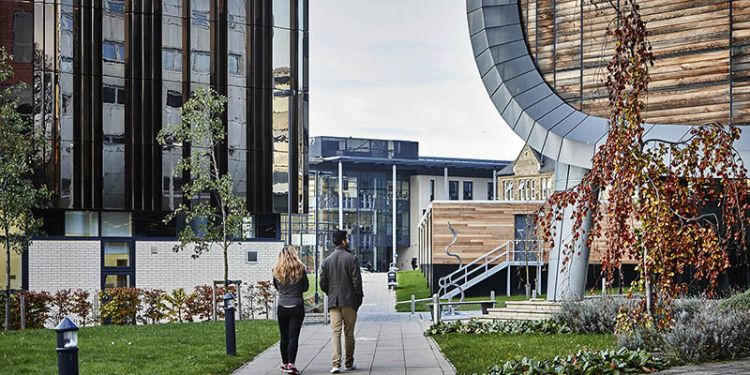What's wrong with the food system?

- Date: Monday 30 November 2020, 16:00 – 18:00
- Location: Online
- Type: Online
- Cost: 0.00
Professor Steffen Böhm from Exeter Business School discusses regenerative practices of the global food system
Please register here to attend.
Abstract
The global food system is under pressure to supply affordable, nutritious and appetising products. To maximise production and affordability, the food system has become extractive, less diverse and excessively reliant on imports and long supply chains. This has resulted in harmful environmental, human and economic health impacts, including: increased greenhouse gas emissions; biodiversity loss; high levels of food waste; poor diets; preventable diseases; poorly paid jobs; reduced opportunities for local SMEs; etc. To address these challenges, multiple organisational innovations have been experimented with at the micro-scale, e.g. community-supported agriculture schemes, community veg gardens, allotment associations, food buying groups, etc. While these alternative food organisations have benefited people in manifold ways, the wider food system has remained extractive and destructive. I will argue that we urgently need to shift to more diverse, regional food systems that adopt low-carbon and regenerative agriculture principles, engaging consumers to increasingly consume local, sustainable produce. A regional, regenerative food system follows principles of cooperation, resource sharing, value retention and enhancement, leading to multiple, interconnected health benefits. I will provide examples of how such a regional, regenerative food system might look like.
Presenter
Steffen Böhm is Professor in Organisation & Sustainability at University of Exeter Business School. He was previously Professor in Management and Sustainability at the University of Essex. He’s also held visiting positions at Uppsala University, Swedish University of Agricultural Sciences, Uppsala, Sweden, as well as at St Andrews University, Scotland. His research focuses on the political economy & ecology of the sustainability transition. He has published five books: Repositioning Organization Theory (Palgrave), Against Automobility (Wiley-Blackwell), Upsetting the Offset: The Political Economy of Carbon Markets (Mayfly), and The Atmosphere Business (Mayfly), and Ecocultures: Blueprints for Sustainable Communities (Routledge). The book Climate Activism (with Annika Skoglund) is forthcoming with Cambridge. More details at steffenboehm.net
LESS Group
This webinar is part of a new series launched by the new LESS research group and supported by CERIC.
Currently we are all very concerned and stressed due to the Covid crisis. Putting the current crisis into a longer-term perspective, we might ask ourselves whether a political-economic and cultural system which struggles to deal with the Covid crisis will have the capacity to deal with the environmental crisis adequately. If your answer to this question is as pessimistic as ours, you might be interested in joining the LESS group — a new cross-divisional group at LUBS to explore system-level sustainability research, open to all researchers regardless of disciplinary background or prior experience in sustainability research.
We are inspired by a growing number of studies, which argue that the environmental crisis requires radical change of the political-economic and cultural structure within which organizations and individuals operate. The mission of the LESS group is to advance interdisciplinary efforts to develop system-level research that addresses the environmental emergency.
To join the LESS group please contact either of LESS' co-leaders:
Zlatko Bodrožić z.bodrozic@leeds.ac.uk
Vera Trappmann V.Trappmann@leeds.ac.uk

